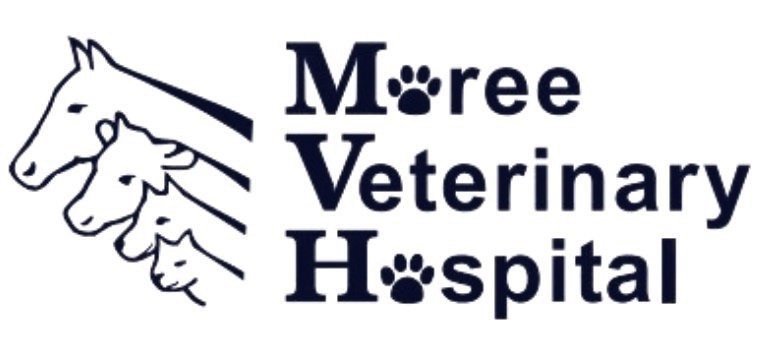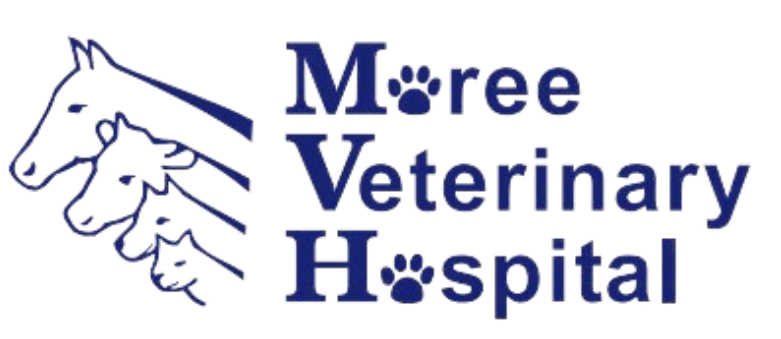Brucellosis (Brucella suis) in dogs
Brucellosis is a bacterial infection caused by Brucella suis, and is commonly found in feral pig populations. It is an emerging infectious disease in dogs in Australia and poses serious health risks to dogs and humans due to its zoonotic potential (i.e. humans can become infected also).
Who is at risk?
Pig hunting dogs are at highest risk due to their direct contact with feral pigs. Dogs can become infected via bites, wounds, or reproductive secretions.
Dogs fed raw feral pig meat can become infected through ingestion or contact with contaminated materials.
Puppies can be infected from their mother before or shortly after birth if the bitch has Brucellosis
Dogs that live in areas where feral pig populations are high are at an increased risk.
Why does Brucellosis matter?
Zoonotic disease – Brucellosis can infect humans. The highest risk for a human to contract Brucellosis is directly from an infected pig or contaminated materials (e.g. contaminated knife). Humans can also become infected from dogs carrying the disease.
Brucellosis can be difficult to cure and may cause chronic, relapsing infections.
Painful – Brucellosis infection may affect the reproductive system, bones, joints, and other organs.
Risk to breeding dogs – Brucellosis can cause infertility, abortion, and can be spread to litters.
Symptoms:
Symptoms can be vague and vary depending on the organs affected, but may include:
Reproductive problems (e.g. swollen testicles, abortion)
Back pain
Lameness/joint swelling
Enlarged lymph nodes
Blood in urine
Reduced appetite
May or may not have a fever
Some dogs may show no symptoms but can still carry and spread the bacteria.
Treatment:
Treatment can be prolonged, and it is difficult with current diagnostics to determine if the infection has been fully cleared. Typically, dogs are placed on 2 different antibiotics for several weeks and desexing is required during this course of antibiotics due to the likelihood of the reproductive organs harbouring the bacteria.
Euthanasia may be considered due to the human health risk and uncertainty over treatment success. This is a decision that is not made lightly between vets and dog owners.
Prognosis:
Many dogs’ clinical signs resolve with treatment, but relapses can occur. Because of the limitations of current diagnostics, it is difficult to determine if dogs are still carrying the infection and therefore they may continue to pose a risk to other animals and people.
Infected dogs should not be bred. Discuss with your vet if you have a hunting dog that you would like to breed with, and you are unsure if they have been infected with brucellosis.
Prevention:
Do not feed raw feral pig meat to dogs.
Considering wearing gloves when hunting, do not go hunting if you have open wounds and avoid sustaining any open wounds while hunting.
Wear personal protective equipment to wash dogs after pig hunting, ideally before leaving the site and away from others.
Do not take dogs with open wounds hunting.
Consider using protective equipment on dogs (e.g. breast plates).
Test breeding animals, especially if they have a history of pig exposure.
Handle all suspected cases with strict hygiene.
If you are concerned that your dog may have Brucellosis, please contact the clinic and a veterinarian will be happy to discuss testing and how to keep yourself, your family, and your pets safe.
For further information, please visit the NSW Health website: https://www.health.nsw.gov.au/Infectious/factsheets/Pages/brucellosis-and-pig-hunting.aspx
If you are concerned about your personal wellbeing, please contact your GP to discuss.
Kneipp, CC., Marshall, D., Westman, ME., Malik, R., Stevenson, MA., Mor, SM. and Wiethoelter, AK., Brucella suis in feral pigs in Australia: what is the risk? Aust Vet J. 2025; 103: 379–387. https://doi.org/10.1111/avj.13441
Kneipp, CC., Rose, AM., Robson, J., Malik, R., Deutscher, AT., Wiethoelter, AK. and Mor, SM., Brucella suis in three dogs: presentation, diagnosis and clinical management. Aust Vet J. 2023; 101: 133–141. https://doi.org/10.1111/avj.13227

